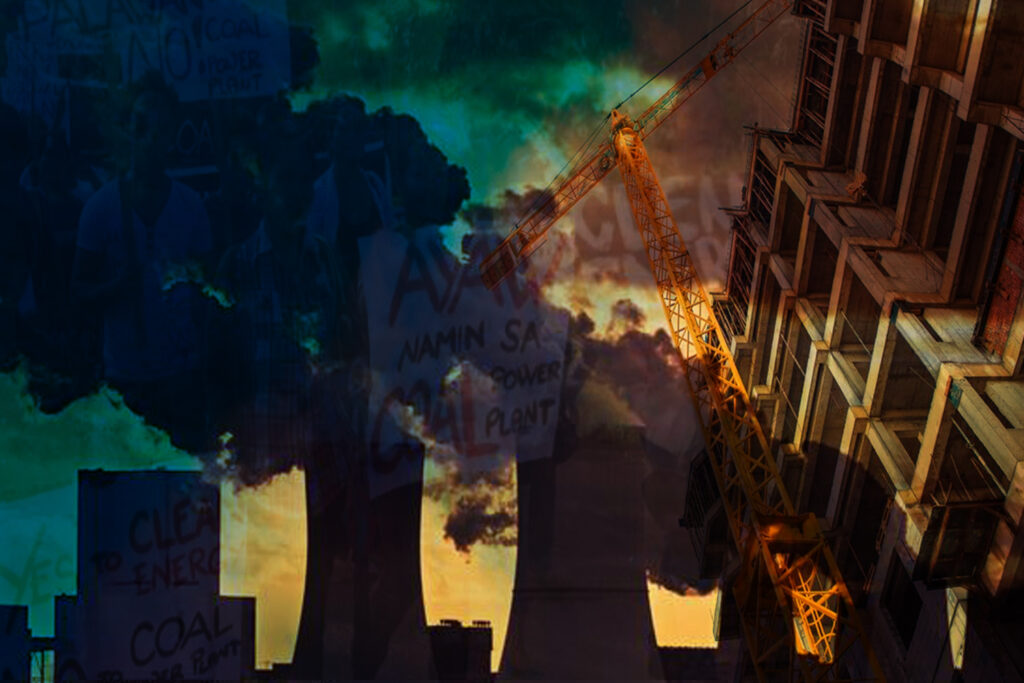Philstar.com zooms in on PH lack of attention to green recovery
CHEERS TO Philstar.com’s two-part report on the country’s lack of attention to the climate crisis amid the COVID-19 pandemic. Written by Ramon Royandoyan and edited by Ian Cigaral, the report was published on August 8 and 9.
The report took its readers on a journey with Teofilo Tredez, an environmentalist who wants to stop the construction of DMCI Power, a new coal plant in Palawan. Philstar.com explained that despite the Philippines’ potential in developing renewable energy, coal is still widely used as a power source.
The first part established how the Philippines is far behind other countries which, while addressing the COVID-19 pandemic, also allocated funds for “green recovery.” The report noted that “the Department of Public Works and Highways (DPWH) and Department of Environment and Natural Resources (DENR) – two agencies that cornered a large share of climate change funds in 2020 and 2021– did not receive any Bayanihan 1 funds for a stimulus law.” Bayanihan 2 did not allot any funds for climate change programs at all.
Apart from noting the country’s lack of attention to environmental issues, the report also pointed out how the government aided “dirty” companies despite their contributing to the worsening effects of climate change. Philstar.com showed publicly-listed companies with coal investments with higher earnings in 2021.
The government announced in 2020 that it would no longer accept proposals for new coal power plants in a bid to attract clean power investments. But those with certificates and permits prior to the announcement were allowed to continue operations.
The second part took the story back to Tredez and other residents’ fight against DMCI. Royandoyan pointed out that “if anything, the construction of the new coal plant shows how low green recovery is in the Philippines’ priority list.”
DMCI Power’s project promised to solve Palawan’s frequent brownouts. But Tredez and other residents fear that it may be at the cost of the environment, and the livelihood and health of residents. Some residents were reportedly paid to live elsewhere, while some who refused were harassed by local officials.
Tredez, a representative of the Tagbanua indigenous group, the Center for Energy, Environment and Development Inc. (CEED), and other residents filed a 61-page plea in October 2020 to block the construction of the coal plant. It has been opposed by residents and civil society groups since 2012. But in July 2019, residents learned that DMCI had been granted an Environmental Compliance Certificate (ECC) without any public consultation.
As of press time, Tredez and residents’ legal battle is still ongoing. Philstar.com’s comprehensive report is a welcome development from the media amid the worsening climate crisis. The report correctly reviewed existing government laws, “dirty” companies and their earnings, and how the emissions from the coal plant once it is completed will affect residents.

Leave a Reply